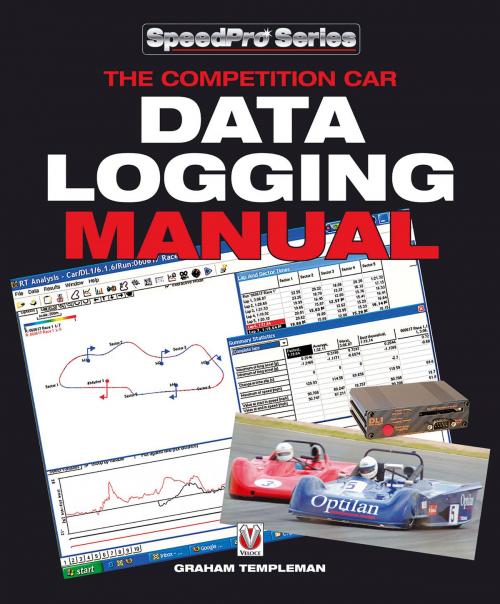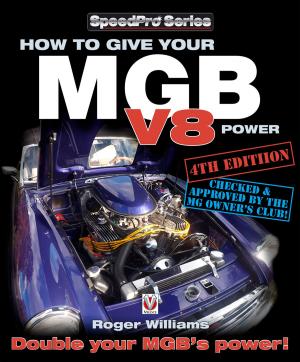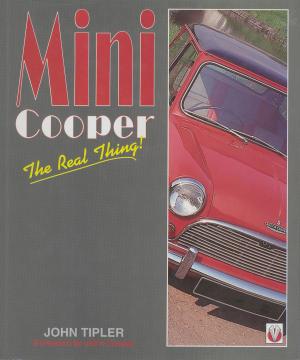| Author: | Graham Templeman | ISBN: | 9781845846657 |
| Publisher: | Veloce Publishing Ltd | Publication: | July 2, 2014 |
| Imprint: | Veloce | Language: | English |
| Author: | Graham Templeman |
| ISBN: | 9781845846657 |
| Publisher: | Veloce Publishing Ltd |
| Publication: | July 2, 2014 |
| Imprint: | Veloce |
| Language: | English |
At last a practical handbook on how to choose and operate datalogging equipment and get the full benefit from what it tells you. Aimed at the amateur competitor, it covers hardware and software and takes over where the manufacturers instructions run out. It shows how to understand what the data is telling you and how to use it to go faster. It covers standard information screens and shows you how to create your own charts and tables that will illuminate the performance of both the car, the driver and the team. On the way, it deals with systems management issues, how to get quick and easy payoffs, and how to benefit in the long term. It explains how sensors work, how to fit them so they survive and how to calibrate them. The final chapter is a field guide designed to help you run the system, trouble-shoot hardware and software problems and quickly interpret the graphs during an event.
At last a practical handbook on how to choose and operate datalogging equipment and get the full benefit from what it tells you. Aimed at the amateur competitor, it covers hardware and software and takes over where the manufacturers instructions run out. It shows how to understand what the data is telling you and how to use it to go faster. It covers standard information screens and shows you how to create your own charts and tables that will illuminate the performance of both the car, the driver and the team. On the way, it deals with systems management issues, how to get quick and easy payoffs, and how to benefit in the long term. It explains how sensors work, how to fit them so they survive and how to calibrate them. The final chapter is a field guide designed to help you run the system, trouble-shoot hardware and software problems and quickly interpret the graphs during an event.















